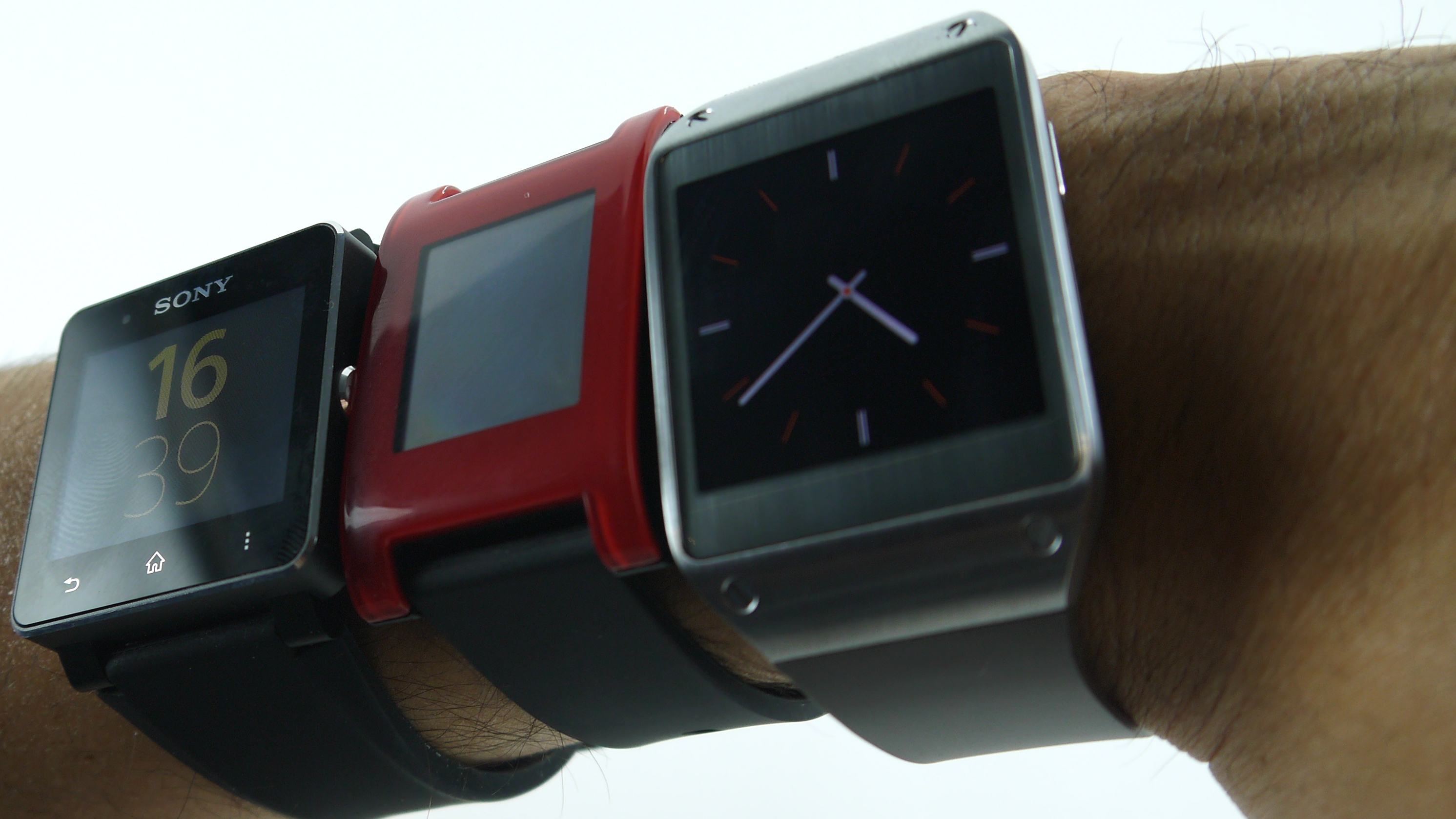Body heat alone is enough to power wearable technology
Wearing your screen on your sleeve

Scientists have been integrating technology with clothing for some time now, producing shirts with wrist-mounted screens or sensors that monitor your vital signs. But in most cases, these products have stayed in the lab.
That's because there are a bunch of hurdles still to jump before most smart clothing items become practical. Such garments tend to be bulky, heavy, and not able to be worn in the rain or put through the wash. But the biggest factor is power - they usually need a battery to operate.
Progress has been made in the past in terms of harvesting waste energy that the body gives out in the form of heat. Our body temperature, the theory goes, is warmer than our surroundings, so it should be possible to generate power from that temperature difference.
Enough Juice
But until now, that hasn't worked - either because they haven't been able to produce enough power, because they're expensive, or because they're too easily damaged. But now Chinese researchers have developed a flexible, wearable thermocell that's capable of outputting enough juice to power some basic electronics.
To do it, they used gel-based electrodes. Two electrodes in contact with an electrolyte gel at different temperatures generate a potential difference, producing a current. In their prototype, two types of cells are arranged into a checkerboard pattern, and that pattern is mounted into a glove.
Boosted Further
When worn in a 5C environment, it produces about 0.3 µW of power at 0.7V. That's enough juice for a simple display, a bit like the e-ink ones used in e-book readers. And the team believes that power could be boosted further.
"By optimizing this system, it should be possible to improve the power, even with smaller temperature gradients," wrote the team that developed the system, led by Jun Zhou, from Huazhong University of Science and Technology. "This work may offer a new train of thought for the development of self-powered wearable systems."
Get daily insight, inspiration and deals in your inbox
Sign up for breaking news, reviews, opinion, top tech deals, and more.
The full details of the research were published in the journal Angewadte Chemie.
- Duncan Geere is TechRadar's science writer. Every day he finds the most interesting science news and explains why you should care. You can read more of his stories here, and you can find him on Twitter under the handle @duncangeere.
